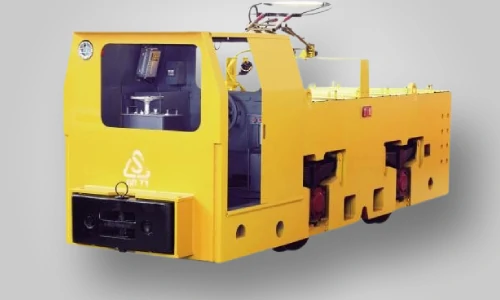Battery locomotives are emerging as a green and efficient solution in the railway industry. The recent successful trial of the Battery Locomotive Project has demonstrated its huge potential and set a new benchmark for sustainable rail transport.

Project Background
Traditional diesel locomotives, with their high emissions and energy consumption, no longer meet modern environmental standards. To address this, railway operators, engineers, and technology providers have launched the Battery Locomotive Project to develop a zero-emission locomotive that doesn’t rely on overhead electrification, making it adaptable for both existing and future rail networks.

Technology Implementation
The battery locomotive uses advanced lithium-ion batteries to provide powerful propulsion. It also features an intelligent energy management system to optimize battery usage and extend lifespan. Additionally, its regenerative braking system recovers energy during braking, further enhancing efficiency.
Application Outcomes
These special-purpose trains have performed exceptionally well in actual construction projects. In the Zhangjiajie-Jishou-Huaihua Railway construction, RailMac’s intelligent track-laying machine successfully laid 500-meter-long rails, accelerating the construction progress. Moreover, in emergency response, RailMac’s rescue trains and track vehicles can quickly deliver personnel and equipment to the site, effectively reducing repair time


Future Prospects
RailMac will continue to optimize the design and functionality of its special-purpose trains to meet the higher demands of future railway construction. The company plans to introduce more intelligent technologies, such as autonomous driving and remote monitoring, to further enhance construction efficiency and safety. As technology advances, special-purpose trains will play an even greater role in railway construction, providing strong support for the efficient advancement of railway projects


